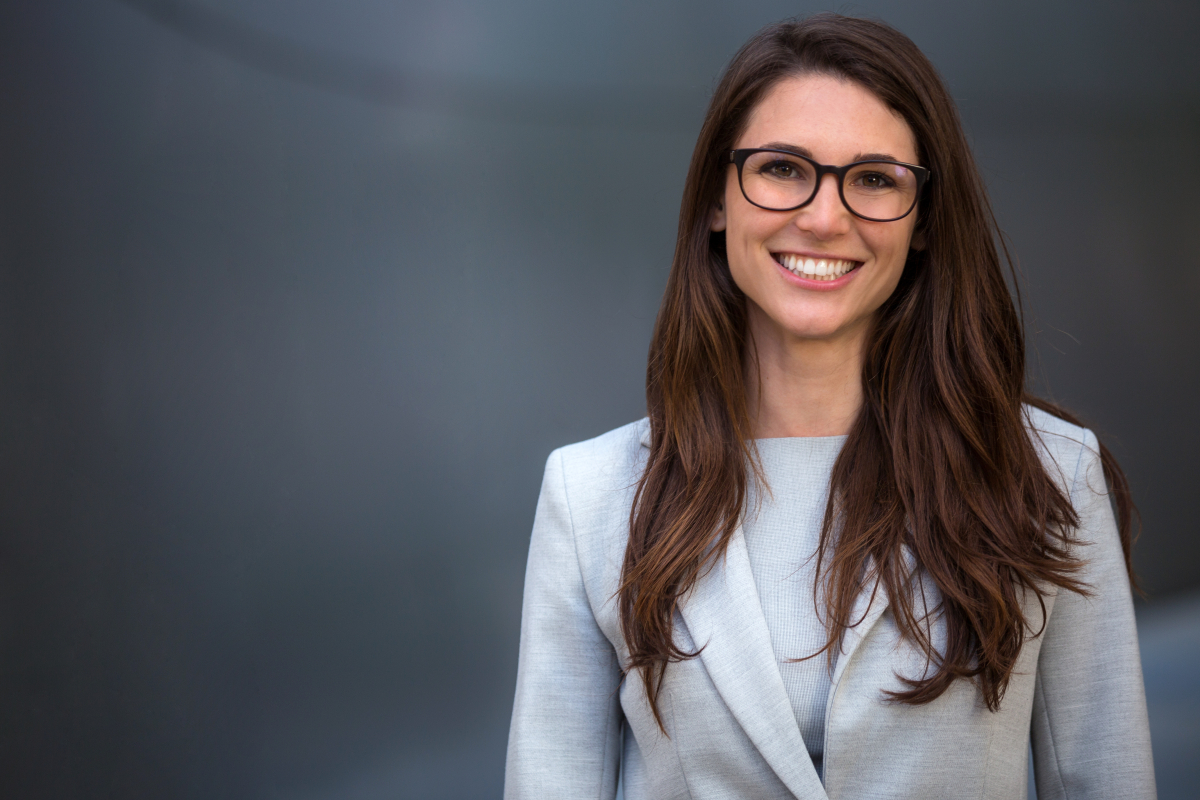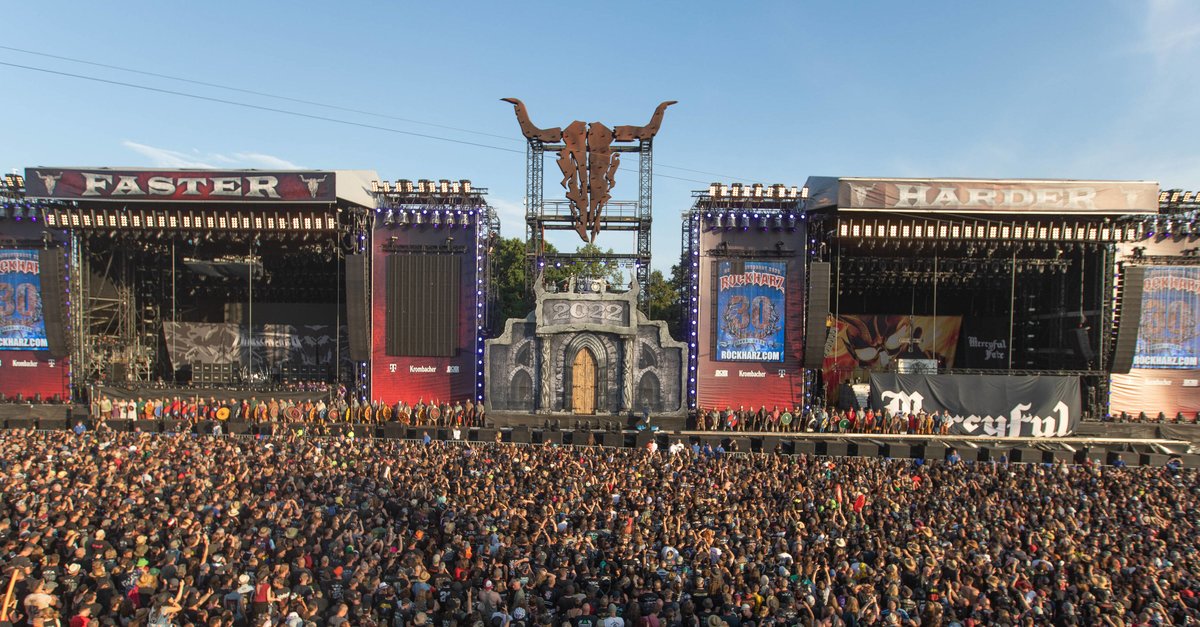AI for application photos, deepfake protection and new Street View images
We hope you had a good day and now we want to give you some exciting information to take with you into the evening. t3n Daily is also available as a newsletter. Here are the topics of the day.
The Remini app from Bending Spoons uses AI to generate application photos from old smartphone images – and that for free. Users upload twelve photos and select a model topic such as Trendy or Curriculum. But is the hyped app really any good? We did a self-test. The results, especially the portrait images, are impressive but noticeably artificial. However, the application has difficulties when creating full-body recordings. The human proportions are often distorted, even missing a finger here and there.
The app offers a free trial, after which weekly fees of ten euros apply. However, the hype surrounding the app also triggers discussions. Privacy concerns and criticism regarding the sexualization of images have been raised. One user complained that her AI images were generated with an unnecessarily large décolleté. Yet another reason why a professional photo shoot might be worth it after all.
Street View maps are around 15 years old. Time to bring in a little fresh air! Google has now published the first updated Street View recordings. Among them are new pictures of the 20 largest German cities as well as many new regions. The recordings are from 2022 and show current changes, because a lot has happened in German cities in recent years.
You can now take a virtual trip to the rebuilt Berlin City Palace or visit the new Werksviertel with the Umadum Ferris Wheel in Munich. The Elbphilharmonie in Hamburg can also be explored virtually for the first time. The old, pixelated-looking shots will most likely – and thankfully – not return. Faces and license plates are automatically blurred in the current recordings to address privacy concerns.
One year after the turnaround in interest rates, many savers are still getting nothing: Because a fifth of the banks in Germany still refuse to pay their customers interest on overnight money. Savings banks and Volksbanks are particularly stingy. Although the European Central Bank has been raising the key interest rate for a year, most recently in June 2023 to 4 percent, some institutes are still not offering interest.
According to Verivox, 141 of the 738 banks surveyed do not pay their call money investors any interest. Regional banks in particular are hesitant. Zero interest rates among the Volksbanks and Raiffeisenbanks as well as the PSD and Sparda banks are the most widespread. The situation is similar with the savings banks. There, savers get nothing at 19 percent of the banks.
Overall, however, overnight interest rates have risen. Some banks even offer interest rates of up to 3.5 percent, but these offers should be checked carefully as they are often time-limited. So better do the math before you make the switch!
It should have been the big comeback for the so-called Solar Valley in Saxony-Anhalt: At the end of April 2023, Meyer Burger, the only major solar cell manufacturer in Europe, announced a tenfold increase in production in Thalheim. From 2027, solar cells with an output of up to 15 gigawatts should be manufactured here every year. But the expansion is now on hold. Instead, the company plans to build a new plant in Colorado Springs, Colorado. Because that’s where the red carpet will be rolled out for his company, as company boss Gunter Erfurt explained.
And big money is also beckoning in US business thanks to US President Joe Biden’s Inflation Reduction Act, a multi-billion dollar subsidy program. Solar cells with an output of two gigawatts are initially planned, which Meyer Burger will supply to its plant in Goodyear, Arizona, where solar modules are produced. Production is scheduled to start at the end of 2024. How can this happen so quickly? Quite simply: The production machines, which were actually intended for expanding the capacities in Saxony-Anhalt, were diverted to Colorado.
The Pope in a hip down jacket or Donald Trump being arrested – these deepfakes are the best example of how quickly manipulated AI images can circulate and spread untruths. To keep this from happening to the images you upload to social media, an MIT research team created new software. Photoguard is designed to prevent AI image generators like Midjourney from manipulating a person’s photos and using them for deepfakes.
But how is that even possible? Images are “immunized” thanks to data poisoning techniques that create invisible noise in the image, disrupting the pixels within a photo. While invisible to the human eye, the noise prevents the software from creating a new image using the original image. Smart right?
That’s it for the t3n daily. You can find much more about all aspects of digital life, working life and the future around the clock at t3n.de.



